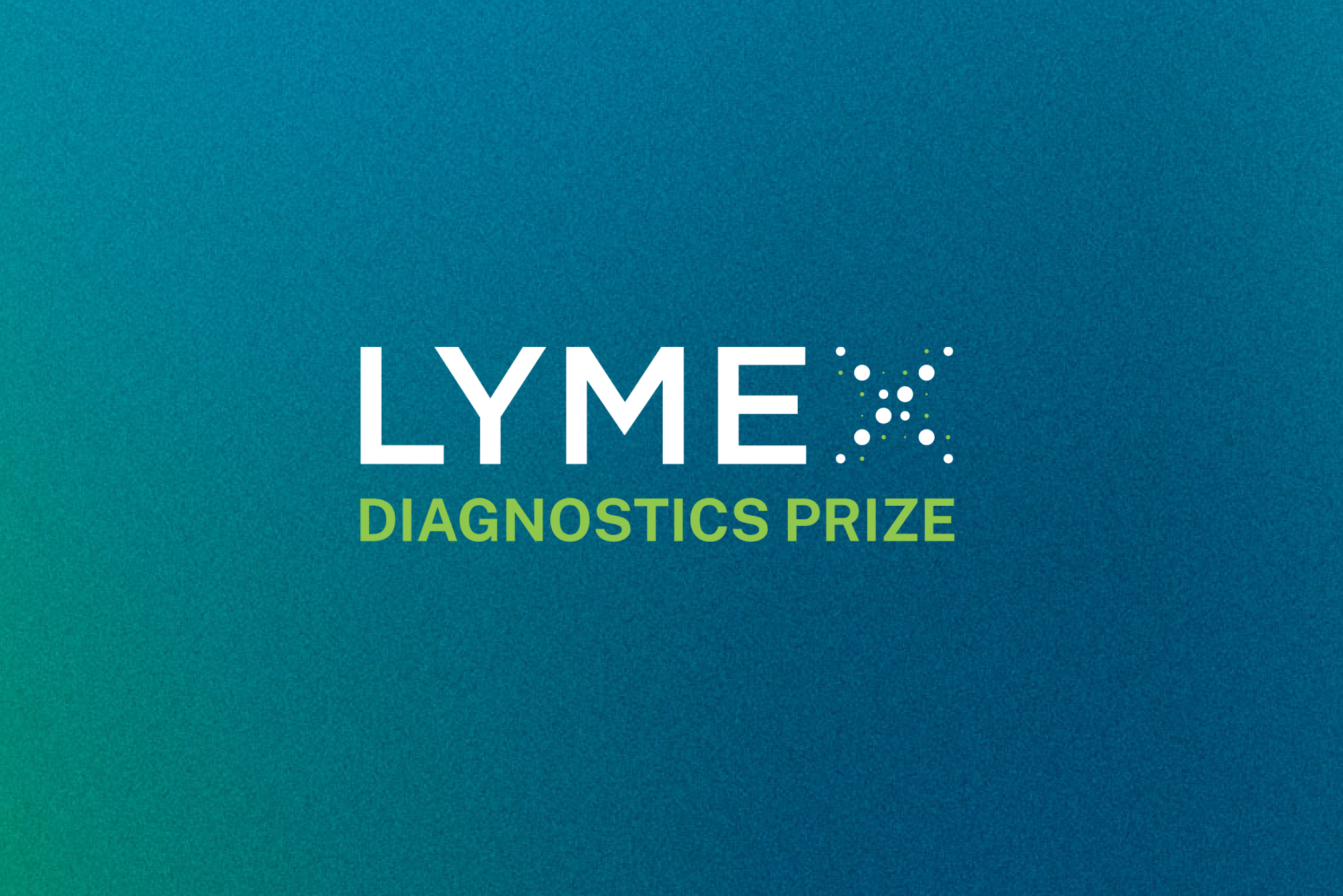Labcorp and Quest Diagnostics lend industry support to the LymeX Diagnostics Prize.
Which sector should lead innovation — government, industry, philanthropy? In many cases, the answer is “yes.” Sometimes market forces inspire the private sector to innovate; sometimes innovation starts with publicly funded research or a public-private partnership before winning private-sector funding and support.
Such is the case with the LymeX Diagnostics Prize: The Lyme Innovation Accelerator (LymeX), a public-private partnership between the U.S. Department of Health and Human Services and the Steven & Alexandra Cohen Foundation, launched the prize in 2022. Now, Phase 3 and Phase 4 of the LymeX Diagnostics Prize are sponsored by the Steven & Alexandra Cohen Foundation — through a fiscal sponsorship with the Digital Harbor Foundation — and supported by major industry players.
While funding is critical, innovators also need learning opportunities. Effective programs balance the right strategies, the right partners, and the right funding mechanisms to help innovations advance from concept to prototype to market-ready product. Public programs designed and produced by Luminary Labs have been supported by a range of private-sector partners, including Samsung, Blue Origin, LEGO Education, Autodesk, and the National Geographic Society.
The LymeX Diagnostics Prize is designed specifically to support participating teams, but the need for infrastructure, expertise, and resources is common across different types of innovation programs in different sectors and focus areas — and industry support and partnership can take different forms. For example, technology companies may provide in-kind support in the form of software and hardware; companies with deep industry knowledge may offer mentors or subject matter experts to help innovators improve their solutions; organizations with extensive networks may help promote the program and source participants; other industry players may contribute exclusive access to testing sites or location visits.
During Phase 3 of the LymeX Diagnostics Prize, six teams have been planning clinical performance studies for validating their proposed solutions. In August, the LymeX Diagnostics Prize announced both Labcorp and Quest Diagnostics as industry supporters of the competition. Labcorp and Quest Diagnostics are providing non-financial in-kind support, helping Phase 3 teams deepen their understanding of the diagnostics industry, how clinical laboratories operate, and how to work with commercial laboratories. Phase 3 teams have also had the opportunity to visit both Labcorp and Quest Diagnostics facilities to learn more about the clinical laboratory environment and their workflows, materials, and instrumentation.
At a virtual Industry Day event hosted by Labcorp and Quest Diagnostics, Phase 3 teams had an opportunity to learn from clinical laboratory subject matter experts through presentations and small group discussions. The sessions focused on the companies’ approaches to Lyme disease diagnostics and practical, technical, and commercial considerations for providing patient access to novel diagnostics through their clinical laboratories.
To bring tests to market, teams will need to explore collaboration models ranging from research partnerships and fee-for-service contracts to licensing deals and equity investments. With industry support, innovators can draw on infrastructure, expertise, and resources. Industry Day speakers discussed critical factors for successful commercializations, including business models and go-to-market strategies.
The ultimate goal of the multiphase competition is to nurture the development of these diagnostics toward U.S. Food and Drug Administration (FDA) clearance. Following FDA approval, teams will need to navigate the complex diagnostics market — particularly when designing tests for large-scale, commercial laboratory settings. Industry Day speakers highlighted the critical importance of designing processes that have potential for automation, integrating with high-volume laboratory workflows, and providing sample stability during transport and storage.
Later this fall, each team will present and publicize their diagnostic tests at the Phase 3 Demo Day, showcasing their proposed solutions to stakeholders from government and industry, including clinician and consumer organizations.
The competition judging panel — composed of experts across sectors such as biology, clinical and technology translation, patient experience and advocacy, diagnostic science and technology, innovation, and ethics — will evaluate eligible Phase 3 submissions according to official Phase 3 evaluation criteria. The judging panel does not include representatives from either Labcorp or Quest Diagnostics. Based on this evaluation and judges’ recommendations, Phase 3 will award up to six prizes of $350,000 each.
The LymeX Diagnostics Prize is made possible thanks to a more than $10 million pledge from the Steven & Alexandra Cohen Foundation. Neither Labcorp nor Quest Diagnostics are providing any remuneration to the awards.

